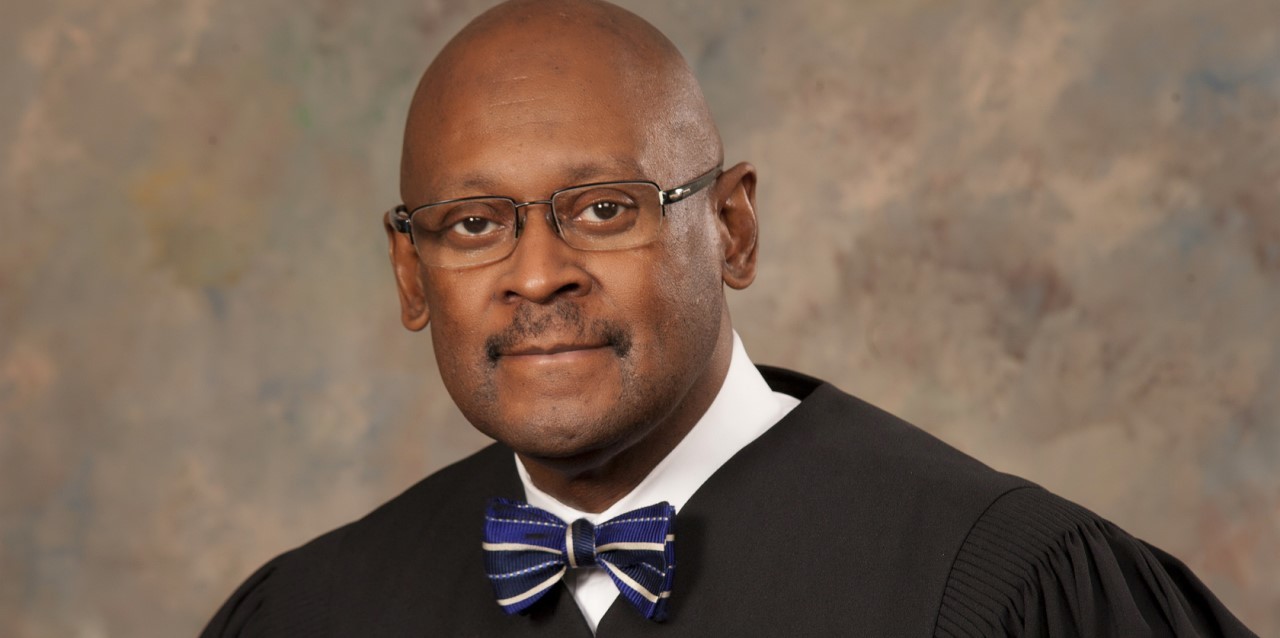The Illinois Supreme Court has ruled insurance companies must return or destroy private medical information acquired in lawsuits, finding there's no regulatory law that says otherwise as claimed by State Farm in a pair of Lake County personal injury actions.
The Sept. 24 ruling was penned by Justice P. Scott Neville, with concurrence from Chief Justice Anne Burke and Justices Mary Jane Theis, Robert Carter, Rita Garman, David Overstreet and Michael Burke. The ruling stemmed from two traffic accidents in Lake County that led to lawsuits. State Farm Insurance covered defendants in both actions.
Plaintiffs were granted qualified protective orders to make sure State Farm did not use plaintiffs' confidential medical information beyond the litigation, and either returned or destroyed the information at the end of litigation. Plaintiffs cited the U.S. Health Insurance Portability and Accountability Act (HIPAA), which refers to confidential information as "protected health information."

Robert Fink
| Collison Law Offices
State Farm sought its own protective orders to let it use the information for purposes beyond litigation, and to hold on to the material after the suits ended, but Lake County judges refused.
State Farm went to Illinois Second District Appellate Court, but that panel affirmed the Lake County rulings.
State Farm argued before the Illinois Supreme Court it is not an entity covered by HIPAA, so HIPAA privacy rules do not apply to it. The covered entities are health plans, health care clearinghouses and healthcare providers, not insurers. State Farm also contended insurance regulatory law restricts destruction of company records, which would include medical information acquired through litigation. According to State Farm, retention of such information is needed to help combat insurance fraud and assist in setting premiums.
The Supreme Court justices rejected these arguments.
"State Farm has failed to direct us to, nor have we found, any provision of the Insurance Code or the Illinois Administrative Code that requires it to use or disclose plaintiffs’ protected health information after the conclusion of the litigation," Neville stated.
Neville added: "State Farm failed to cite any statute, regulation, or case law that affirmatively requires the retention of protected health information or its use for a particular purpose.”
Neville said that even though the insurance company is not an entity covered by HIPAA, the company did seek information from plaintiffs' health care providers, who are covered entities, so State Farm is bound by HIPAA in this matter.
At any rate, HIPAA's privacy rules preempt any state insurance law. Moreover, State Farm's retention and use of confidential information would violate the right to privacy guaranteed by the Illinois Constitution, Neville concluded.
State Farm pointed to a "standard medical protective order" the Cook County court system uses, which authorizes release of information to insurers that does not restrict what insurers do with the information.
Neville said the Cook County form is also preempted by HIPAA.
Neville summed up: "State Farm’s logic leads to the denial of any request for a qualified protective order in a judicial proceeding where a defendant is insured by a casualty insurer."
State Farm was represented before the high court by Michael Resis, of the Chicago firm of SmithAmundsen.
Both plaintiffs were represented before the court by Robert Fink, of Collison Law Offices of Chicago.
The National Insurance Crime Bureau filed a friend-of-the-court brief for State Farm.
The Illinois Trial Lawyers Association and the Illinois Public Interest Research Group filed briefs supporting the position of the plaintiffs.
